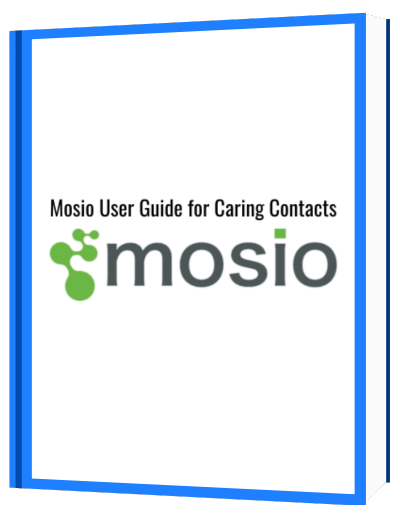Caring Contacts Toolkit
Welcome and thank you for your interest in Caring Contacts. Caring Contacts is a brief- suicide prevention intervention that delivers periodic messages of care and support over at least 12 months. Caring Contacts is designed to supplement, not replace, other behavioral health services. Research has shown that Caring Contacts can significantly reduce suicidal thoughts, suicide attempts, and death by suicide. Visit our website caringcontacts.info to learn more about the background and evidence supporting this effective suicide prevention intervention.
For questions, feedback, or inquiries about partnership, please contact Dr. Radin’s team at caringcontacts@slhs.org .
How to Use This Implementation Toolkit
Click to download the Caring Contacts Implementation Toolkit.
Caring Contacts have been around since the 1970s. However, delivering them via text messages is relatively new, and there are few resources to support organizations in creating and delivering Caring Contacts via two-way text message. This toolkit aims to address that gap by providing detailed guidance, samples of standard operating procedures, workflows, and adaptive templates that you can tailor as you design and deliver your Caring Contacts program.
The Mosio User Guide is a companion to the Caring Contacts Implementation Toolkit. This guide will help you get started sending Caring Contacts using Mosio - a secure, scalable text-messaging platform.
Get your Mosio User Guide
Click to download the Mosio User Guide for Caring Contacts.
St. Luke’s and Hotline Caring Contacts Experience
St. Luke’s and Idaho Crisis and Suicide Hotline have partnered to successfully deliver two-way Caring Contacts via text message to over 2,000 teens (aged 12-17 years) and adults (18-99 years) identified at risk for suicide in clinics and emergency departments in communities across Idaho. This program model and experience was developed over three large pragmatic randomized controlled trials and a non-research Caring Contacts program delivered to health system employees.
Contributors to this toolkit include:
St. Luke’s Health System Applied Research Division (Anna Radin, DrPH, MPH, Jenny Shaw, MS, Tara Fouts, MHS, Elizabeth McCue, MS, Anton Skeie, MD, MPH, Hailey Pierce, and Hilary Flint, PhD, MPH)
Idaho Crisis & Suicide Hotline (Matthew Biss, and Erika Tingey)
University of Washington Center for Suicide Prevention & Recovery (CSPAR) (Kate Comtois, PhD, MPH, Anna Evanson, and Barbara Wright)


